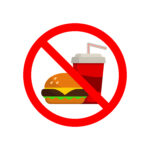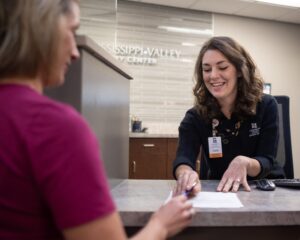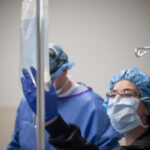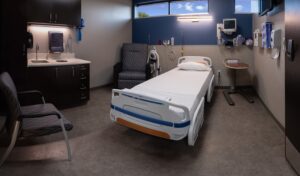How you treat your body the weeks before and after surgery can have a direct effect on how well and how quickly you will heal. Now is the time to take a proactive approach and give your body the building blocks it needs for the best possible recovery. A little preparation now can make a big difference in your recovery later. Rather than waiting until after your surgery, start the healing now! Simple steps you can take include:
- Begin your healthy eating plan as soon as you are scheduled for surgery.
- Eat a well-balanced diet rich in iron, Vitamin C and calcium.
- Avoid alcohol especially in the 48 hours prior to surgery.
- Avoid smoking before and after surgery.
IMPORTANT NOTE: If you are diabetic or on any type of restricted diet, you should consult your doctor prior to starting any new diet.
Importance of Food Enriched with Calcium
Calcium is an important mineral needed for building new bone as well as maintain existing bone strength. During joint replacement surgery, bone is removed, and an implant is put in its place. Eventually, new bone will grow around parts of the implant and help make it more stable. A diet rich in calcium can help with this process.
Importance of Food Enriched with Iron and Vitamin C
Iron is needed to build healthy red blood cells. Vitamin C improves the absorption of Iron – in other words, Vitamin C makes it easier for the Iron to get into the body and work more efficiently. During surgery, some blood loss is expected. Ample levels of Iron and Vitamin C in your body prior to surgery will help in the replacement of red blood cells that are lost during your operation. Your surgeon may even prescribe iron supplements.
IMPORTANT NOTE: A sudden increase in your diet of green leafy vegetables can interact with certain blood thinning medications such as Coumadin (warfarin) and Plavix (clopidogrel). If green leafy foods such as spinach, broccoli and Brussel sprouts are a normal part of your diet, it is important to eat a consistent amount from week to week.









